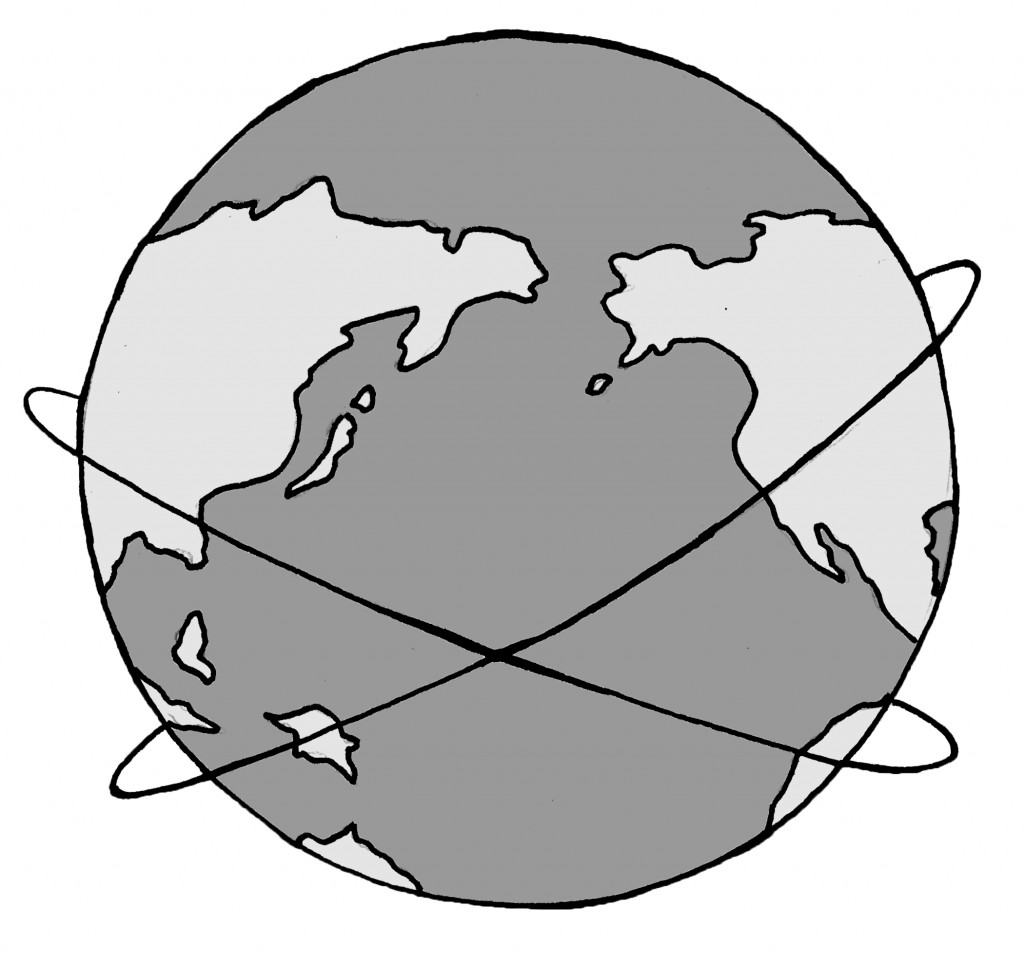Editorial
In the age of the Internet and infinite information, The Roosevelt News believes it is our generation’s responsibility to take advantage of this resource and educate ourselves on issues that impact each and every one of us. No longer can we plead ignorance when we have access to the vast wealth of knowledge that the Internet provides. Corporate-controlled media outlets all too often cut corners when informing the public, and neglect to share stories that target the real issues when they conflict with corporate interest. TRN is determined not to contribute to this ever-growing problem of contented ignorance. We encourage our readers to do their own research after reading this article, form their own opinions, and most importantly, stay informed.
In 1776 Adam Smith, the “ father of economics,” published his groundbreaking examination of market economies, The Wealth of Nations, explaining how specialization in specific tasks increases the efficiency and productiveness of a market. Today, his theories have played out on a huge scale, for good or for ill.
We live in a global society. People in every part of the world depend on products from across oceans and borders, linking trade systems more complex than Adam Smith could have ever imagined.
The paper you are reading may have begun its life as a tree in the forests of the Cascades before it was chopped down and processed at a plant in California. The computer that this article was written on was assembled from parts manufactured all around the Pacific Rim, which were made from rare earth minerals imported from mines in Africa. The machine was assembled in a factory in Malaysia or China, then shipped to a processing facility in Hong Kong, and finally arrived in Seattle, where it was set up with help from an information technology call center in India.
International trade is facilitated by a number of interlocking agreements. The U.S. is party to free trade agreements with twenty other countries, and our multinational corporations operate worldwide. In theory, free trade allows markets to run efficiently by eliminating anticompetitive business practices and fostering innovation.
Unfortunately, in practice, an efficient market does not translate into justice or prosperity for the majority of people. When the United States joined the North American Free Trade Agreement, dirt-cheap subsidized U.S. corn flooded Mexican markets, driving thousands of small farmers out of business and putting already poor families on the edge of extreme poverty. Free trade agreements are great for business, but business isn’t always good for people.
Since 2011, our country has been in negotiations with eleven other Pacific Rim countries in order to create a new free trade agreement, the Trans-Pacific Partnership (TPP). Proponents of the measure trot out the traditional buzzwords of free markets and globalism while shrouding the deal in secrecy. Besides the few chapters that have been released to the anti-secrecy site WikiLeaks, very little is certain about the details of the TPP. Corporate negotiators are chiefly involved in constructing the agreement, and almost no one in our legislature has actually seen the treaty.
You may want to read that sentence again: our country’s decision-making body has not been allowed to negotiate an international treaty, while corporations have been in the process from the beginning. This is the exact opposite of democracy.
In our country, money talks, as corporations have been given an immense amount of power concerning government affairs. Under the TPP, corporations will be given the right to sue sovereign states for anticompetitive business practices. An example of these business practices: paying workers a living wage. Lawmakers and citizens alike are concerned that the effects of this agreement will do more good for corporations than any individual, and worsen the problem of global poverty.
Remember SOPA? In addition to degrading the quality of life for many people, the TPP also has the potential to rewrite global rules on intellectual property, at the whim of the corporations controlling it. Many of the proposed requirements are even more strict than what current international laws enforce. Criminal sanctions for those who break ridiculous copyright laws are to be expected, for the benefit of no one but outrageously wealthy and powerful corporations.
That’s what is at the heart of the TPP, and why you need to be concerned about it. Corporate influence may be sabotaging our democracy, but by educating yourself you gain power. Here in Seattle, one of the most important ports on the Pacific Rim, we have the unique opportunity to affect the outcome of this deal. It may seem far off, but clicking here and learning more about the TPP can help make positive change in the world.



